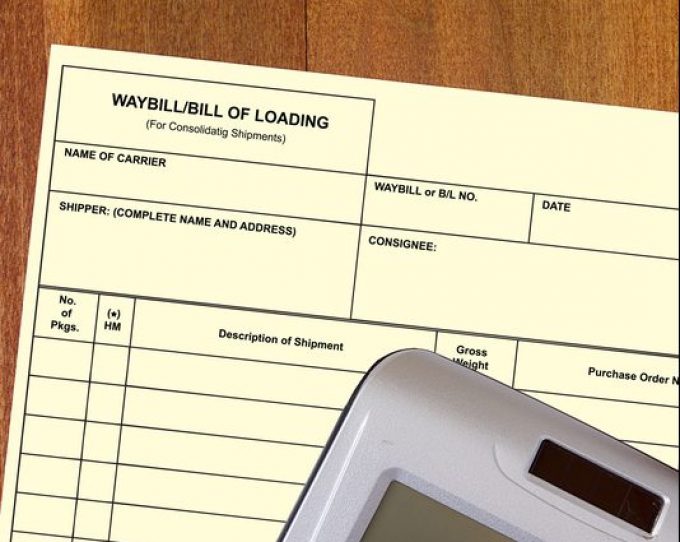Airline connectivity still lacking, claim, as Etihad and K+N unveil direct ebooking
Etihad Cargo and Kuehne + Nagel appear to have reached the holy grail for large ...

While the adoption of electronic bills of lading (eB/Ls) has increased this year, there are still big wins for world trade and for the environment to be gained from a more proactive approach, according to the Digital Container Shipping Association (DCSA).
Electronic waybills, of which eB/Ls ...

Comment on this article
Theodor Strauss
September 12, 2023 at 2:03 pmWhat I do not understand is that in all the articles on eB/L’s nobody is mentioning the fact that legislation for such eB/L’s is lacking. The Hague-Visby rules do not mention them and that is why quite some years ago the Rotterdam Rules were introduced, but still not adopted.
It is time both the UN and IMO get cracking on this issue to speed up introduction of eB/L’s!